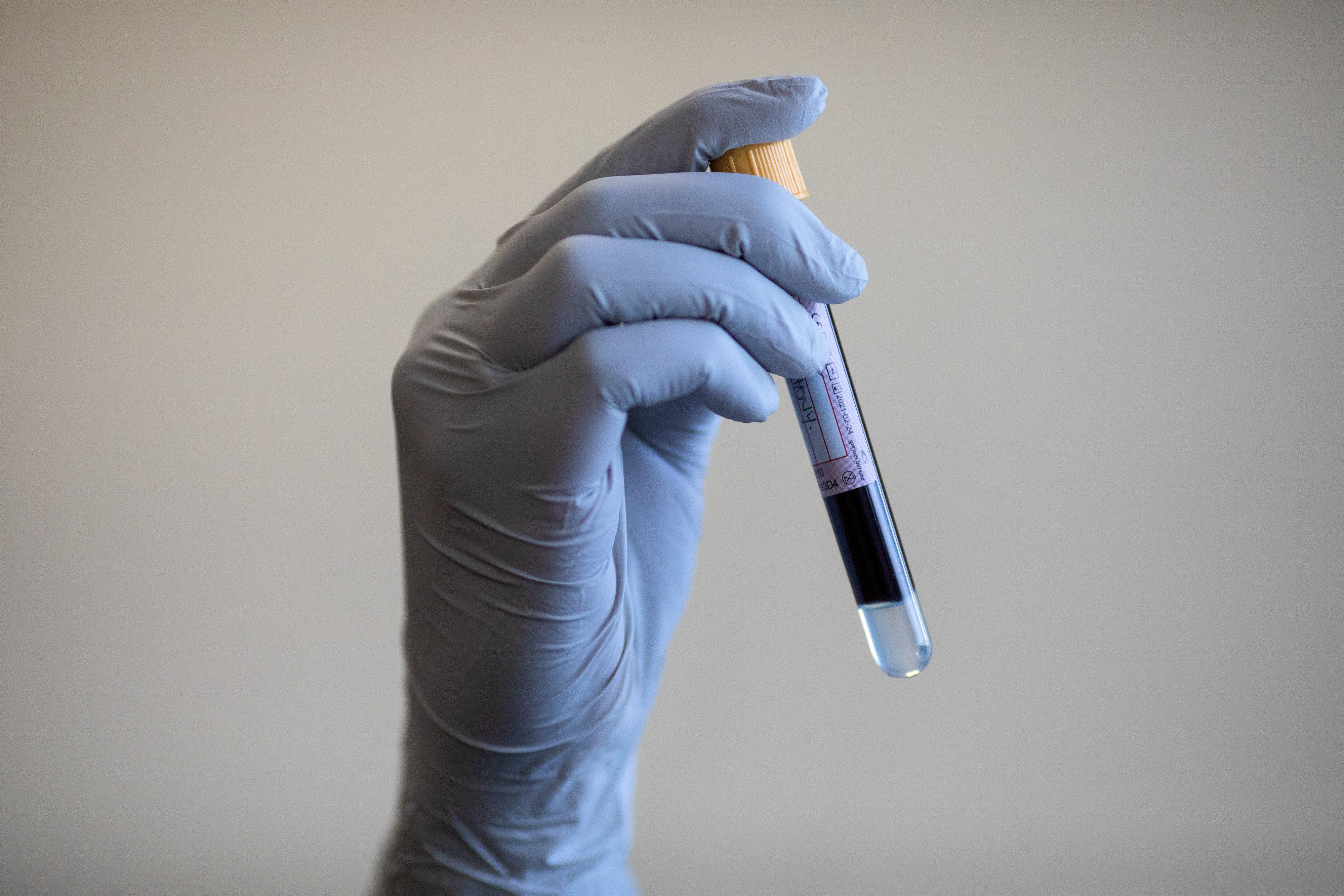190 million women worldwide grapple with endometriosis, often facing an agonising wait time for a diagnosis, currently averaging nearly eight years in the UK. But change is on the horizon due to a ground-breaking study from Australia that may revolutionise diagnosis protocols.
Scientists have made a "significant step" towards developing a quick, non-invasive blood test after discovering a unique blood "fingerprint" indicative of the chronic disease. This major leap forward, published in the Human Reproduction medical journal, has stirred up excitement in the medical community.
Endometriosis is characterised by the growth of tissue resembling the uterus lining in other body parts, leading to diverse symptoms including severe pain, digestive issues, and sometimes infertility. Currently, the diagnosis procedure involves invasive methods such as transvaginal ultrasounds or laparoscopy, a surgical process where a camera is inserted into the pelvis and suspicious tissue potentially removed for lab analysis.
In a collaborative effort, Proteomics International, Royal Women's Hospital, and the University of Melbourne delved into plasma samples from over 800 individuals. Researchers found a set of 10 biomarkers acting as "fingerprints" of the disease in the blood of those afflicted by it.
The Perth-based company has created a ground breaking PromarkerEndo blood test that holds the potential to dramatically reduce the agonisingly long average wait time for a diagnosis, which even sits at seven years in Australia, as well as cutting costs for both patients and healthcare providers. This cutting-edge test can reportedly detect all stages of endometriosis with impressive accuracy, even able to distinguish people in the earliest stages of the condition from those merely exhibiting symptoms.






















